What to Expect From Dog Health Screenings
Regular dog health screenings for your dog are crucial to ensure their well-being and longevity. Just like humans, dogs benefit from regular check-ups, where a vet can assess their health, catch potential issues early, and provide valuable advice on keeping your pet happy and healthy. Whether you have a young pup or a senior dog, understanding what to expect during these veterinary visits can ease any anxiety and help you better prepare for the appointment. These screenings are not just about reacting to health problems; they are about preventing them before they start, making them an essential part of your dog's wellness plan.
During a health screening, your vet will start with a thorough physical examination. This involves checking your dog from nose to tail, assessing their eyes, ears, skin, and fur condition. They will also look at your dog's gums and teeth for any signs of dental issues. According to Rover, all dogs should have a complete physical check-up at least once per year. These routine examinations are essential for detecting any changes in your dog's health that may not be noticeable to you as a pet owner. A thorough exam also gives your vet a chance to spot subtle signs of discomfort or pain that your dog might be hiding, especially in stoic breeds.
Stay Current With Vaccinations and Lab Tests
Vaccinations are another key component of dog health screenings. Depending on your dog's age, lifestyle, and environment, the vet will recommend a vaccination schedule to protect your pet against common infectious diseases. Vaccines like rabies, distemper, and parvovirus are crucial, especially for young pups. Regular boosters ensure that your dog maintains immunity over the years, reducing the risk of severe illness. Your vet may also consider your travel habits or exposure to other animals when suggesting additional vaccines, such as Bordetella or Lyme disease protection.
Another vital aspect of dog health screenings is laboratory testing. Your vet may suggest blood tests to check organ function and blood cell count, which can reveal underlying health issues such as diabetes or kidney disease. Stool samples are often tested for parasites, which are common and treatable if detected early. These tests provide a baseline for your dog's health and can help track changes over time, catching potential problems before they become serious. Early intervention through lab tests often results in better treatment outcomes, lower long-term veterinary costs, and improved quality of life for your dog.
Address Behavioral and Age-Related Needs
Behavioral and dietary consultations are often part of a comprehensive health screening. Dogs, like humans, can develop behavioral issues or dietary sensitivities that affect their health. During the screening, you can discuss any concerns about changes in your dog's behavior or eating habits. Your vet can provide guidance on managing behavioral changes and recommend dietary adjustments, ensuring your dog is living its best life. This is also a perfect time to ask questions about supplements, feeding schedules, or transitioning from puppy to adult or senior food formulas.
For senior dogs, health screenings may include additional checks, such as screening for arthritis or other age-related conditions. As dogs age, their health needs change, and screenings become even more critical. Early detection of conditions common in older dogs can lead to more effective treatment and management, improving your dog's quality of life in his golden years. The vet may recommend supplements or changes in exercise routines to accommodate your aging pet's needs. Age-specific dog health screenings often include more advanced diagnostic tools like X-rays or thyroid testing to ensure no issue goes unnoticed.
Regular dog health screenings are a cornerstone of responsible pet ownership. They provide invaluable insights into your dog's health, help prevent diseases, and catch issues early when they are most treatable. By understanding what to expect from these screenings, you can better prepare for your visits and collaborate with your vet to ensure your dog stays healthy and happy. Keeping a log of your dog's symptoms, energy levels, appetite, and any changes between visits can enhance the effectiveness of these screenings and help your vet identify patterns or emerging issues more easily. If you're considering getting a check-up for your dog, book your next health screening today at Perrysburg Animal Hospital and give your dog the care they deserve. Our compassionate and experienced veterinary team is committed to keeping your furry family member healthy through regular dog health screenings and personalized care plans designed just for them.


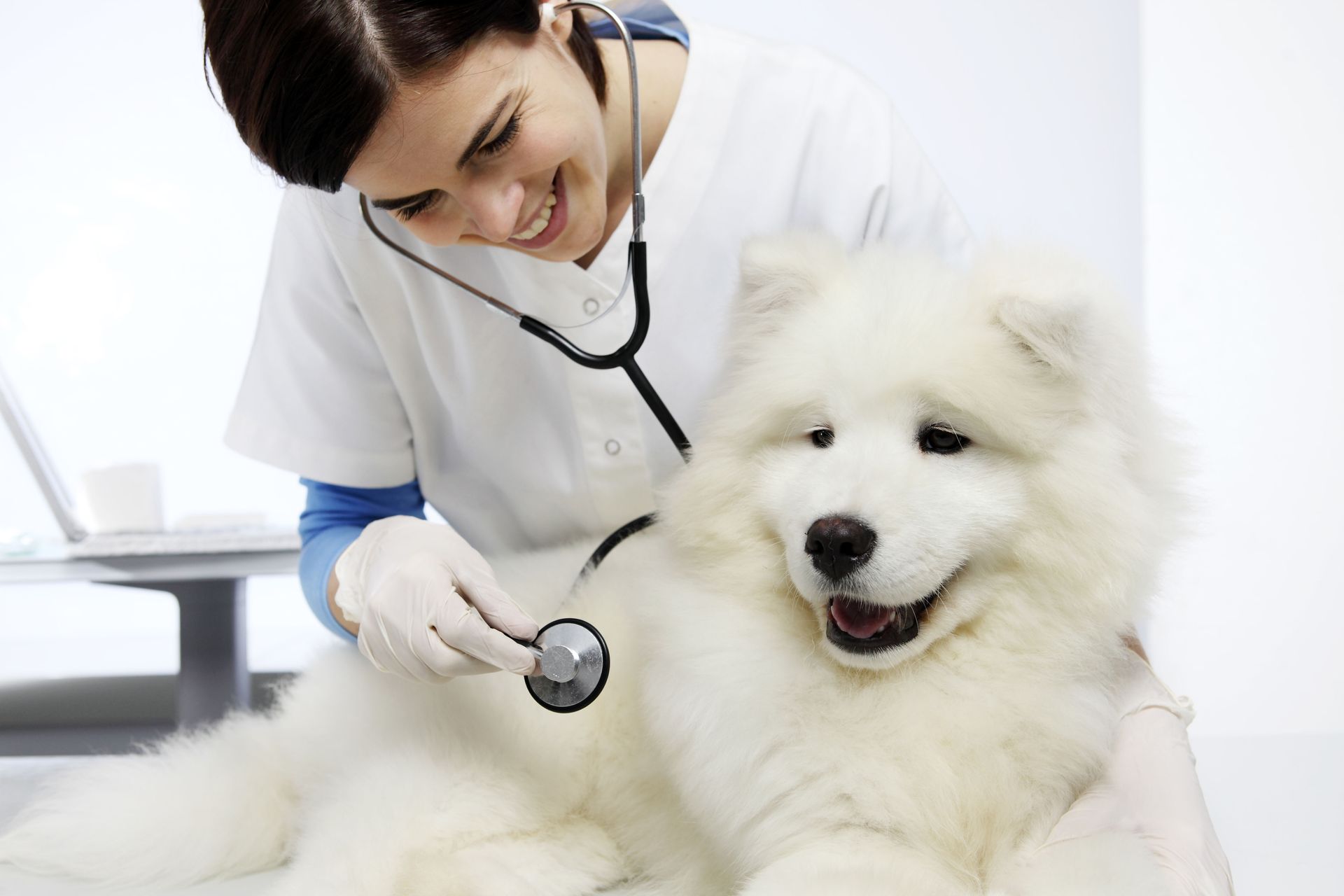


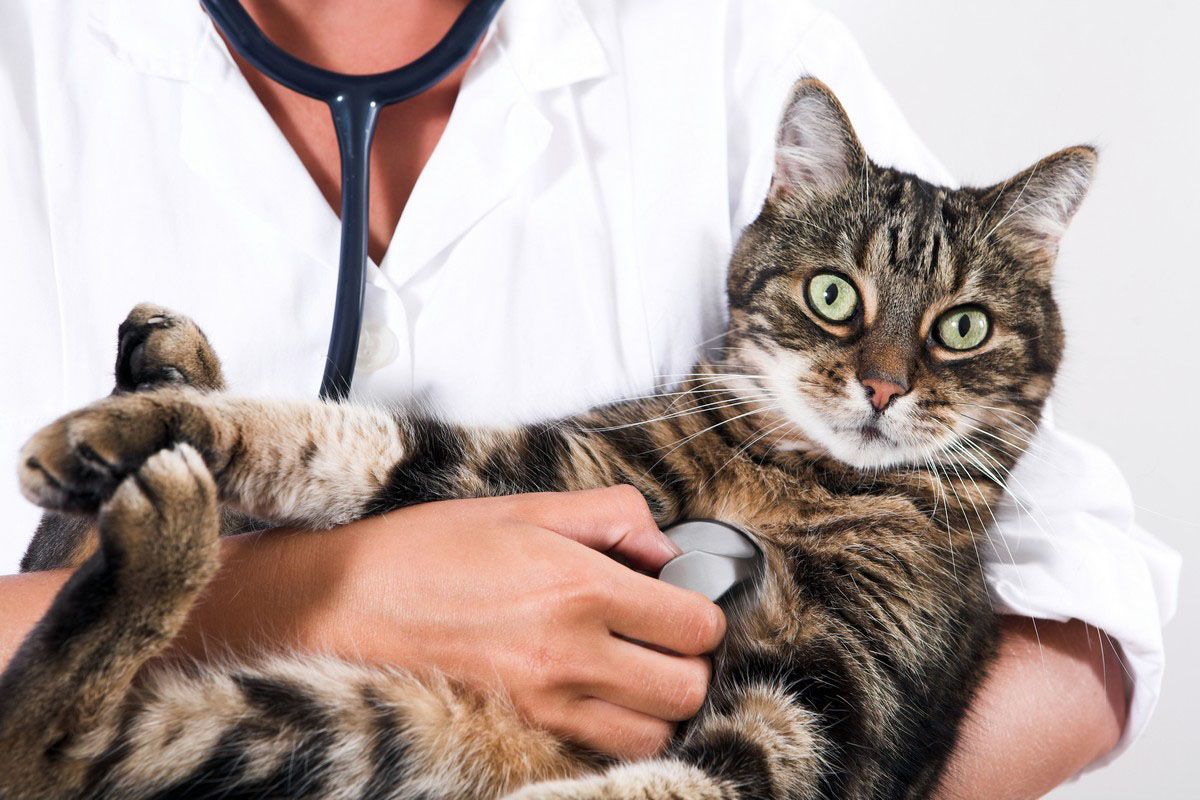

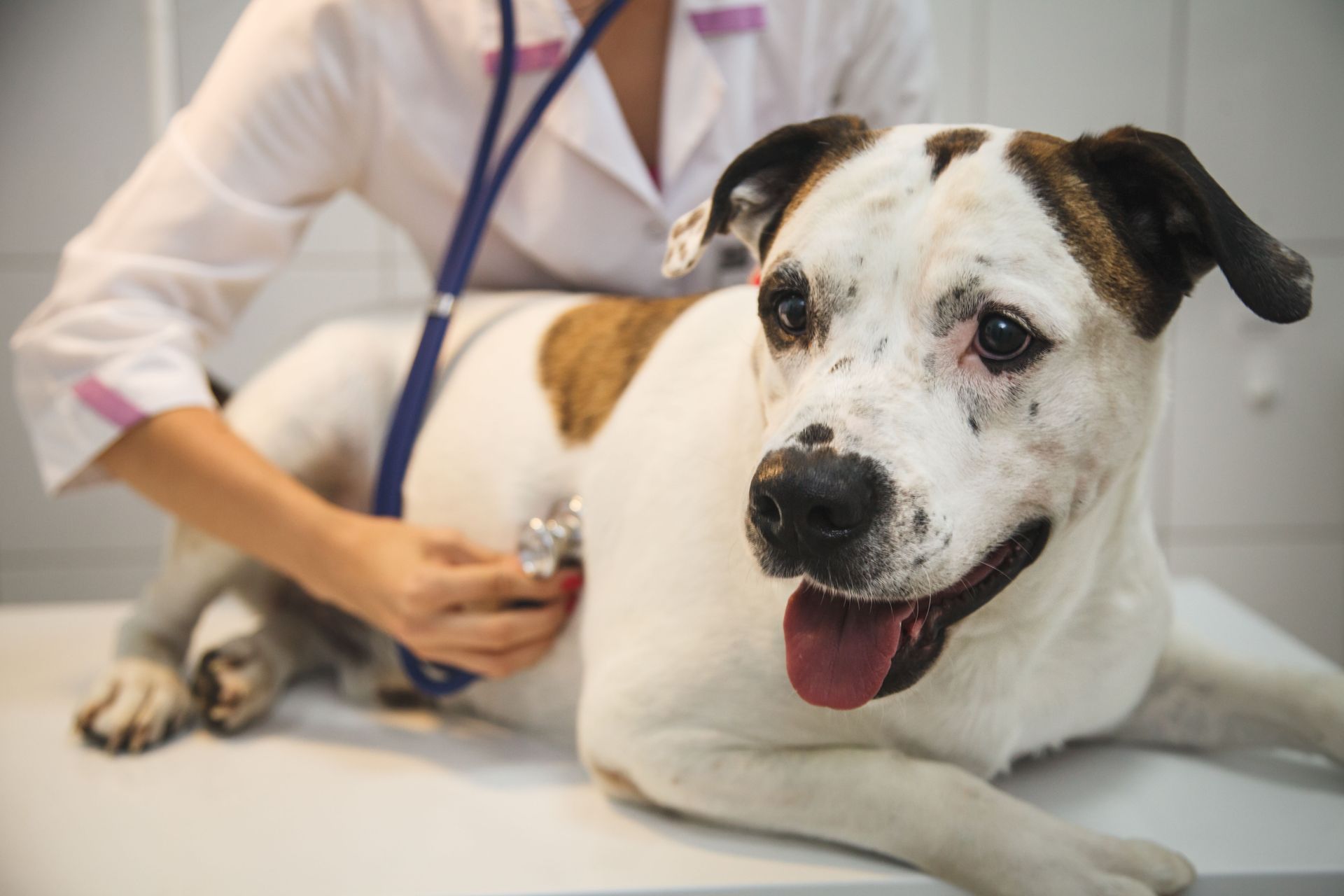



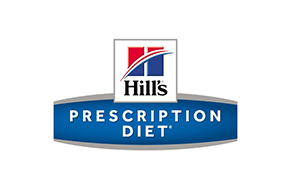


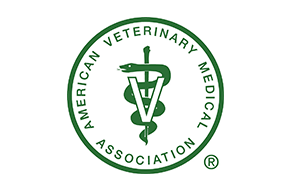
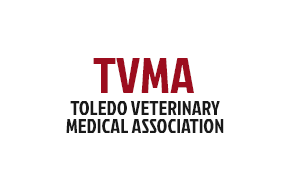

Share On: